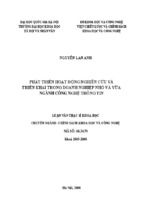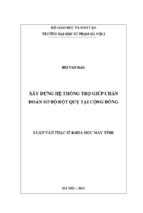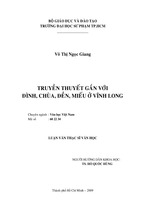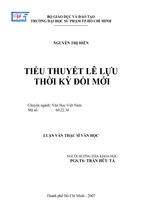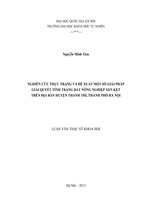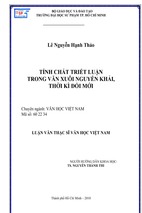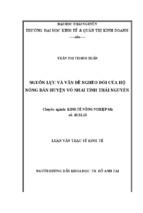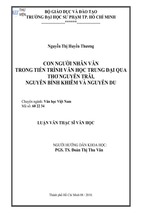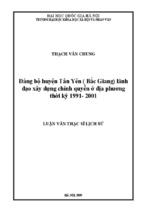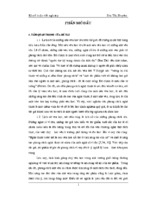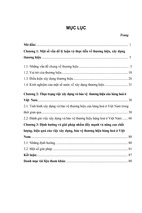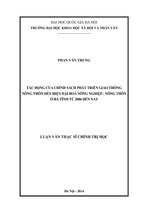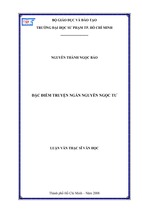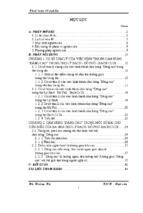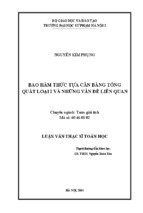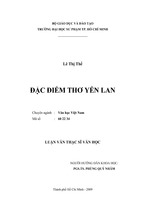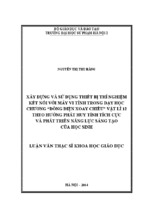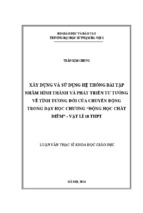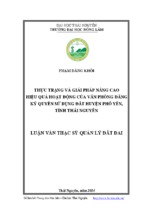Mô tả:
The study of English speaking skill has attracted much attention in recent research of second language acquisition. In details, one of the most concerned topics is the interference of native culture on mastering rhetorical patterns of the target language. Therefore, the research focused on the influences of some Vietnamese cultural dimensions on freshmen’s study of English speaking skill at FELTE, ULIS, VNU. The crucial objective of the study was to investigate factors in Vietnamese culture which put impacts on students’ study of English speaking skill, figure out the levels of influences of those dimensions and suggest some pedagogical implications. The researcher chose first - year students at FELTE as participants for the study. Thanks to their supports, survey questionnaire and class observation were applied as research instruments. It can be concluded three significant findings from the data analysis. There are four main influential categories called Subjectivity – Objectivity, Directness – Indirectness, Accuracy – Inaccuracy, Redundancy – Economicality. Of four dimensions, Redundancy – Economicality category is the most influential one revealing through freshmen’s speaking activities in class, whereas, Directness – Indirectness has the least impact. Basing on some major findings, the author points out some implications for teaching and learning English speaking skill to improve the situation. The results, discussion as well as implications are expected to partially contribute to the current research on second spoken language in Vietnam to create favorable condition for learners of English in the process of acquiring L2.

